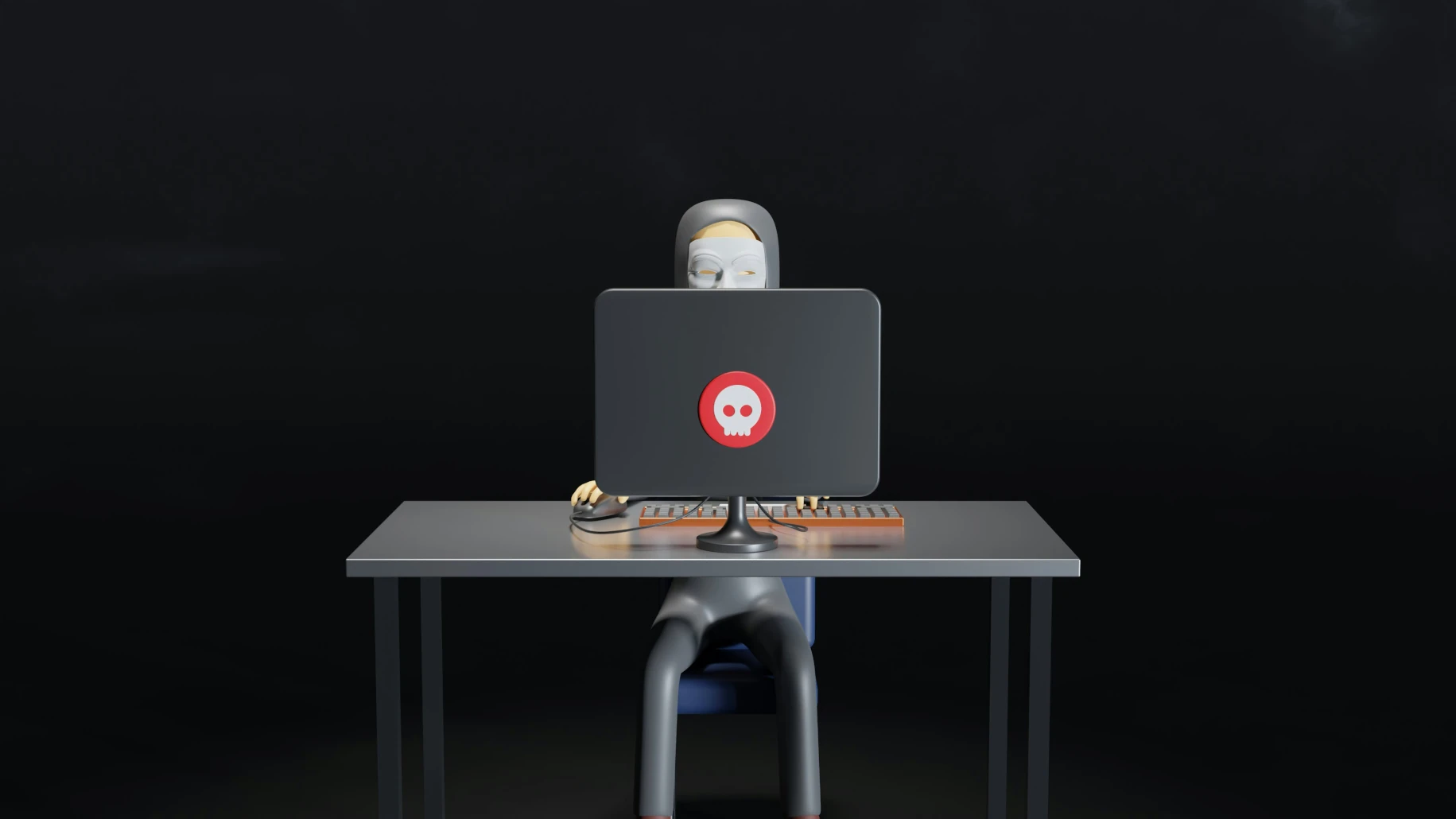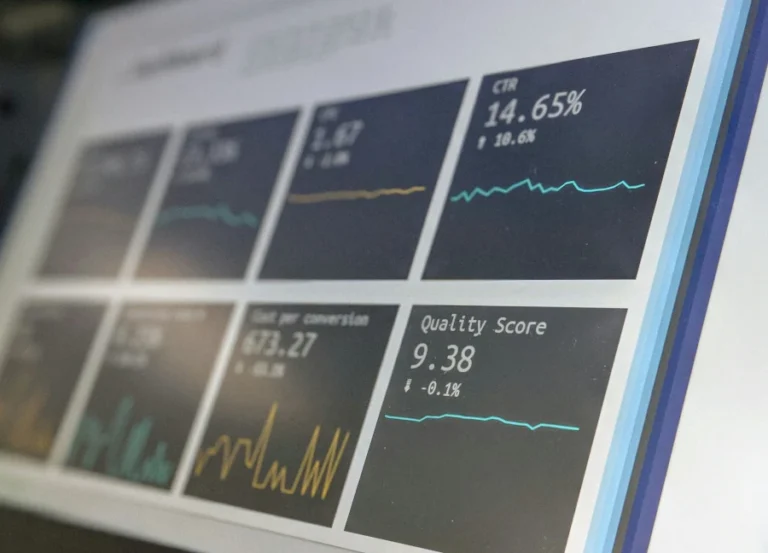Malware clean up and CMS hardening service, now available at netnerd.com.
We see a lot of sites get hacked.
It’s sad but true. We don’t like it, and we know you don’t like it either.
Many of you reading this might think “isn’t that your job to prevent?”. Well, you’re not entirely wrong, and yes, we do all that we can to secure our platform. The part that we can’t cover is what other people do.
Picture the scenario:
You start a business.
You want a website for your business.
You buy a domain and some hosting from us.
You pay someone to make you a website.
That person makes you a website.
You pay that person.
That person says goodbye.
Did that person tell you that you’d need to log in and apply updates to your website to keep it patched and secured? Did that person tell you they’d used a plugin with a history of vulnerabilities, some of which remain unpatched? Did you change your cPanel password after your website was deployed? Did you ask the person what they’d used to make your website so that you could read up on this and know what you’d need to do to maintain it in the future? Did you know you’d have to take any of this into account?
If you’ve answered no to any of the above, there’s a good chance that what’s inadvertently taken place, is that a vulnerability has been built in to what’s an otherwise secure system. It’s that vulnerability that’s been used to hack your site.
We appreciate that you probably didn’t know that you’d need to know these things, and we do what we can to help, but there are other people that know you don’t know these things too: Hackers.
Why would a hacker want to hack my website?
No offence, but they’re not enormously interested in your website. They’re mostly interested in our server resources. After hacking your site, they’ll use these resources to (amongst other things):
– Send spam
– Mine bitcoins
– Add links to your site to make other sites have a greater domain authority
– Host malware and then direct people to it
– Steal data (ranging from details entered in contact forms, to credit card details)
– Host phishing sites (decptive websites designed to trick people in to submitting passwords or sensitive information)
– Insert backdoors in your site so that they can get back in again, even if you change passwords and delete obvious hacks
Who would want to hack my website?
Please consider that anyone with an internet connection can access your website. WWW stands for world wide web, and that’s where your website exists, so anyone one in the world can access it, and try and hack it.
There are so many websites! They’ll get someone else first.
Well, here’s the thing about hackers; they’re VERY good with computers. So good, in fact, that they’re not sat there typing at the keyboard, and that typing being directed at your website. They’re typing is to make programs, and those programs scan for sites that can be hacked, and then try and hack them. These programs run continuously, without the hacker even being sat at their keyboard. The hacker could well be down at the pub having a pint, waiting for his phone to ping with a “website compromised” hacking alert from their program. They might even be asleep and wake up to a list of usernames and passwords.
Surely you can block the hackers?
Yes, we do. Day in day out. As I’ve mentioned hackers are very good with computers so those programs mentioned above they often have logic in them that’s along the lines of “if no response is received, connect to a different VPN”. When this happens, what we see is the hacking start up again from a place other than the one we’ve blocked.
I’ll notice when my site’s been hacked, I’ll do something about it then.
Well, you’ll have to do something about it if you’ve noticed! But what? Also, do take in to account that the hackers also know this. A good hacker will hack your site and you’ll very little change. A really good hacker will hack your site and you’ll see no change at all.
How will you know you’ve been hacked, and what will you do about it? What’s to say you won’t get hacked again?
And that’s why we’re launching a malware clean up and CMS hardening service!
If you’ve been hacked or think you’ve been hacked, all you need to do is get in touch with us about our malware removal and CMS hardening service. This service provides:
– Malware and vulnerability scanning
– Malware removal
– Backdoor removal
– CMS patching and updates
– Vulnerability patching and mitigation
– Safe search warning removal
– Secure backups
– CMS hardening
You can find out more about our Malware Cleanup Service here.







